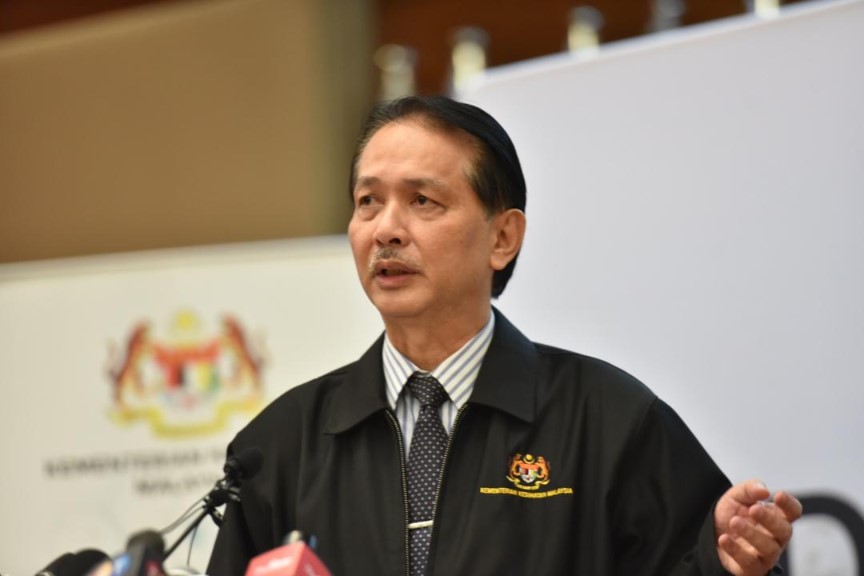KUALA LUMPUR, Sept 10 — Covid-19 infectivity in Malaysia has surpassed a level deemed critical by health authorities, amid several fresh outbreaks in Sabah and the northern region of the peninsula.
Health director-general Dr Noor Hisham Abdullah said the R0 (pronounced R-naught) for Covid-19 in Malaysia is at 1.78 today, reduced from 2.34 yesterday. This shows that each case on average now will create 1.78 new cases.
An R0, called the basic reproduction number, greater than one means that the virus will likely keep spreading. The R0 is described as the average number of people who will catch the disease from a single infected person in a population that has not seen the disease before.
An R0 value below one indicates that the outbreak is likely dying out, while a value above two shows that the infection rate is doubling in the community.
“The critical value of R0 in our country is 1.6. But the value increased to 2.34 yesterday and decreased again to 1.78 today. However, the R0 value is still higher than the critical level,” Dr Noor Hisham said at a press meet today.
He also stated that the R0 should be smaller to ease the contact tracing process. He stressed that precautionary and preventive measures should be enhanced further to control the disease outbreak and to reduce the R0 eventually.
“If the R0 goes beyond 1.6 for a period of one or two weeks, for example, reaching 2.3 or 2.4 for about ten or 14 days, the daily reported cases will increase by double,” Dr Noor Hisham added.
“For instance, if we have 20,000 cases per day, it is impossible for public health officials to conduct contact tracing. So before reaching an alarming number of daily cases like 1,000 or 2,000, we have to curb the virus transmission from the beginning stage. It is easier to put out the ember before it turns into a big fire.”
At the same time, Dr Noor Hisham also highlighted the long-term complications faced by Covid-19 patients. He stated that the Ministry of Health (MOH) is monitoring the antibody response of recovered Covid-19 patients every three months once.
“Pulmonary fibrosis has been reported so far, but not found in our patients. When pneumonia recovers, there’ll be scars in the lung. When there is a scar, breathing will be affected,” Dr Noor Hisham mentioned.
Pulmonary fibrosis is a situation where scar tissues accumulate in the lungs and make breathing difficult, as the lungs stiffen and disrupt air passages.
He also noted blood clot problems which damage the functionality of organs, such as the heart, brain and kidney. Dr Noor Hisham highlighted a recent report that showed blood clot in the retina artery, which will affect a person’s vision. However, no case has been reported in Malaysia.
A research conducted in Italy shows that 87 percent of Covid-19 patients show at least one symptom, like fatigue, dyspnea (difficulties in breathing), joint pain, and chest pain upon recovery.
ScienceMag stated that coronavirus damages tissues in significant organs like lungs, brains, hearts, liver, kidneys, and eventually disrupts the nervous system.
“Next, is antibody response for Covid-19 patients. Research shows that after being affected by Covid-19, the IgG antibody is 20 per cent after three months. With that, we cannot reach herd immunity. We have to conduct research to monitor the antibody response towards the virus. If the antibody response is low, there are chances for the patients to contract the disease again,” said Dr Noor Hisham.
Immunoglobulin G (IgG) is the most common antibody found in blood and body fluids. IgG protects human beings from bacterial and viral infection. It is to be noted that IgG takes time to build again after an infection.








